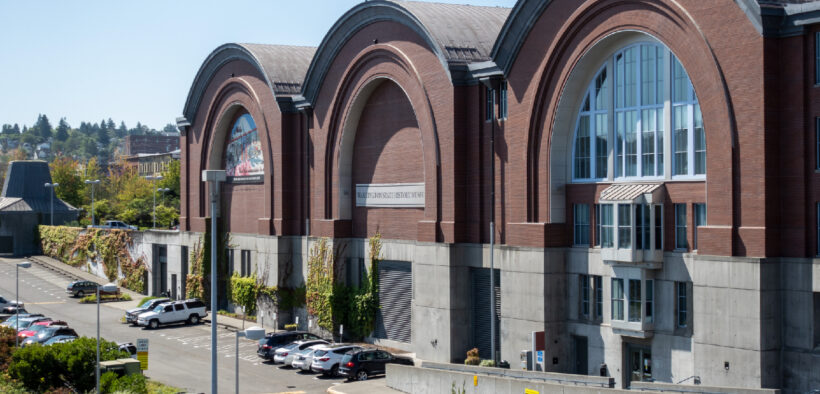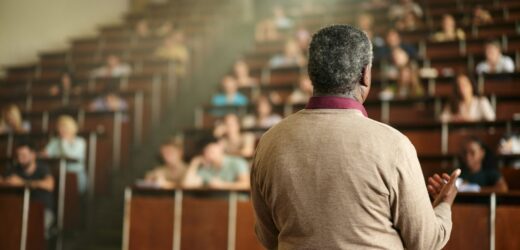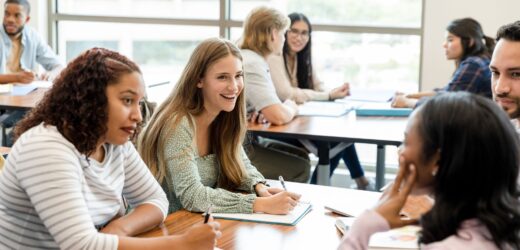My upper-level course on writing in the natural sciences was filled with technical writing or communication majors developing and honing their skills in writing, presentation, visual communication, and user experience strategies. Most had limited, if any, college-level natural sciences coursework. Students are taught to use the fundamental tenets of their home discipline—technical writing—and apply it outside of their discipline, the natural sciences. Since both technical writing and writing in the natural sciences engage in public communication, technical writing students should participate in what Salvo (2002) describes as “repeat[ed] cycles of observing, critiquing, articulating, and creating designs of information objects [i.e., texts].” Yet Johnson-Eiola (1996, 246) suggests that most technical communication projects enhance other processes, occupying “a secondary position to the users’ main objective . . . real work easily becomes defined in reductive, context-independent ways: small, decontextualized functional tasks rather than large, messy ‘real world’ projects.” Henning and Desy (2008, 41) amplify these considerations, further explaining that “students find it difficult to write in a manner that emphasizes the audience’s needs rather than the writer’s needs or the subject matter.”
Natural Science in a History Museum: An Exercise to Engage Interdisciplinary, Applied, and Career-Oriented Thinking

Related Articles
I have two loves: teaching and learning. Although I love them for different reasons, I’ve been passionate about...
“May I have your slides, please?” If you’re not an instructor who posts their class slides online, you’ve...
A hot moment is one of those classroom situations where you can feel the temperature shift. Someone makes...
Higher education has come to understand that AI is akin to the computer and the internet, a new...
Creativity scholars Kaufman and Glăveanu (2019) argue that “like love or happiness, creativity is everywhere and nowhere in...
What if the most powerful teaching tool wasn't a new AI technology but humans helping other humans become...
Picture this: You spend hours crafting a midterm exam that could provide valuable learning opportunities. Students get their...







